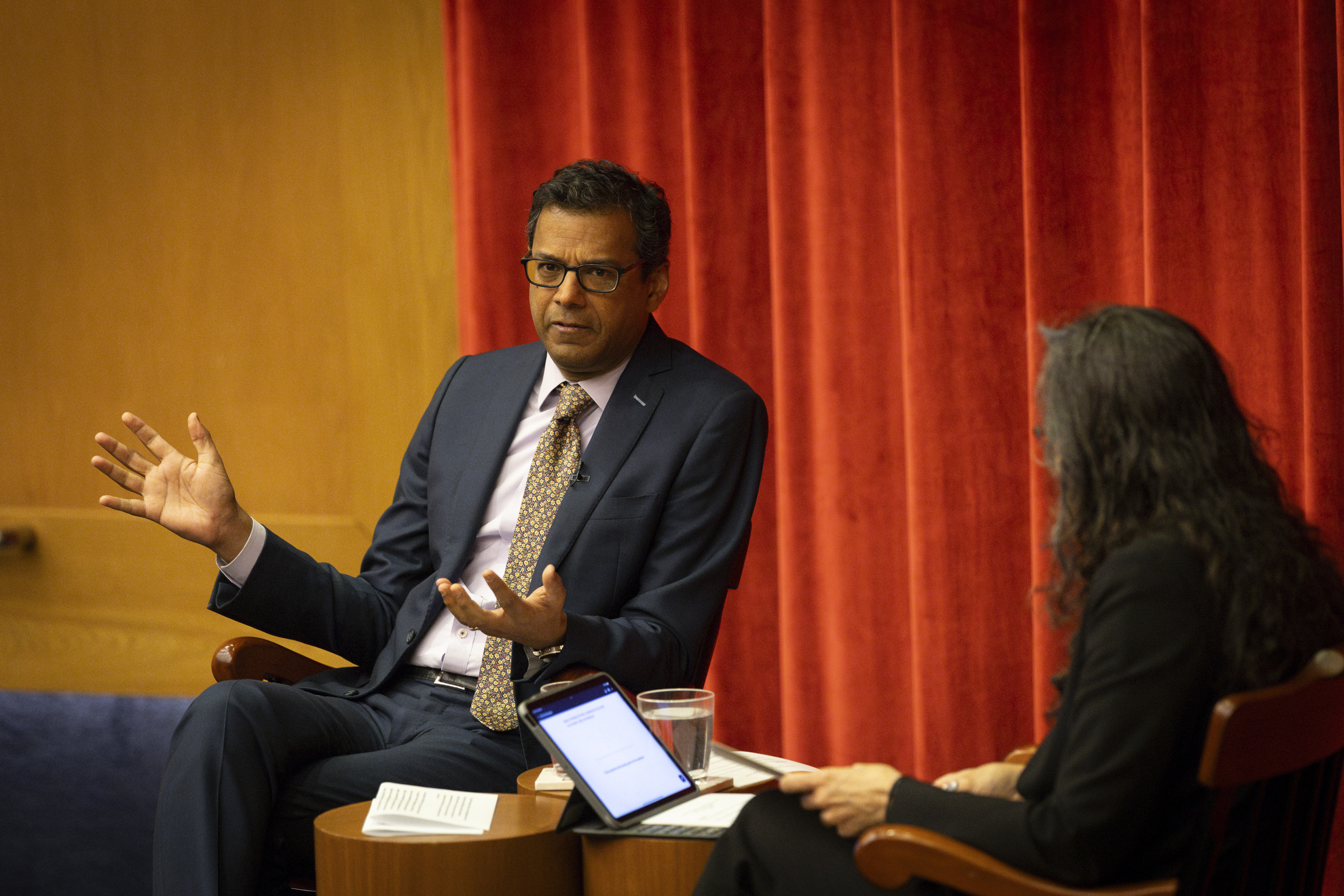Global Health's Silent Crisis: Dr. Gawande Exposes the Devastating Gaps

In the realm of global health and humanitarian aid, few voices carry the weight of personal experience quite like that of a surgeon who has witnessed the inner workings of USAID during its most impactful years. Drawing from his unique perspective as a former leader within the organization, this author-surgeon provides a compelling narrative of the agency's critical mission and subsequent challenges.
Before recent budget cuts and structural changes dramatically altered its landscape, USAID stood as a beacon of hope and practical assistance for countless communities around the world. The surgeon's firsthand account offers an intimate look into the agency's transformative work, highlighting the dedication of professionals who risked their lives to deliver medical aid, support development initiatives, and bridge critical humanitarian gaps.
Through his nuanced storytelling, the author reveals the human side of international aid—showcasing not just statistics and policies, but the real-world impact of compassionate, strategic intervention. His insights serve as both a tribute to USAID's historical significance and a poignant reflection on the evolving nature of global humanitarian efforts.
The narrative is more than just a memoir; it's a powerful testament to the importance of sustained, thoughtful international assistance and the profound difference that targeted aid can make in the lives of vulnerable populations around the globe.
